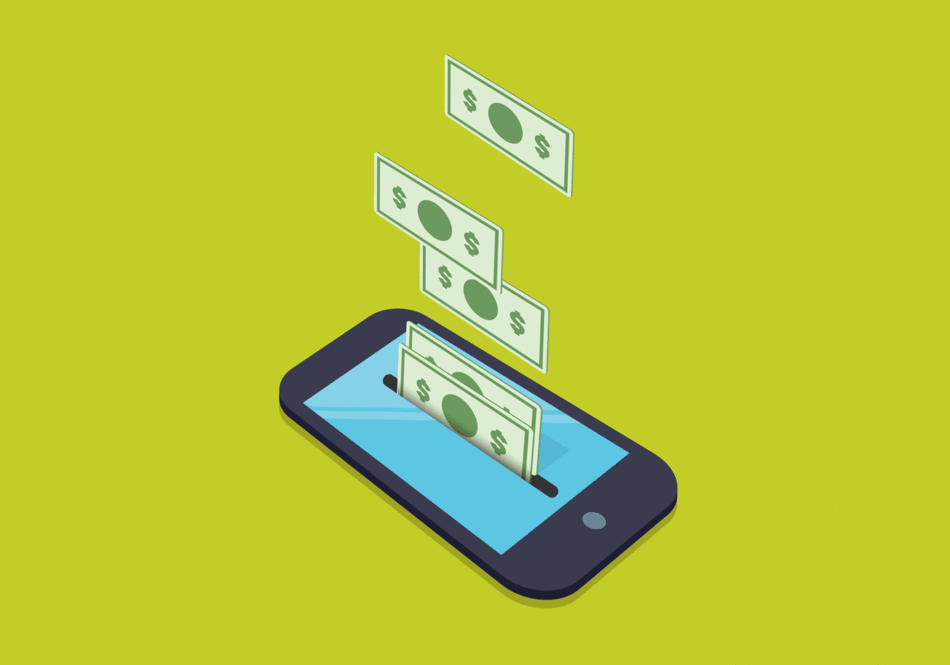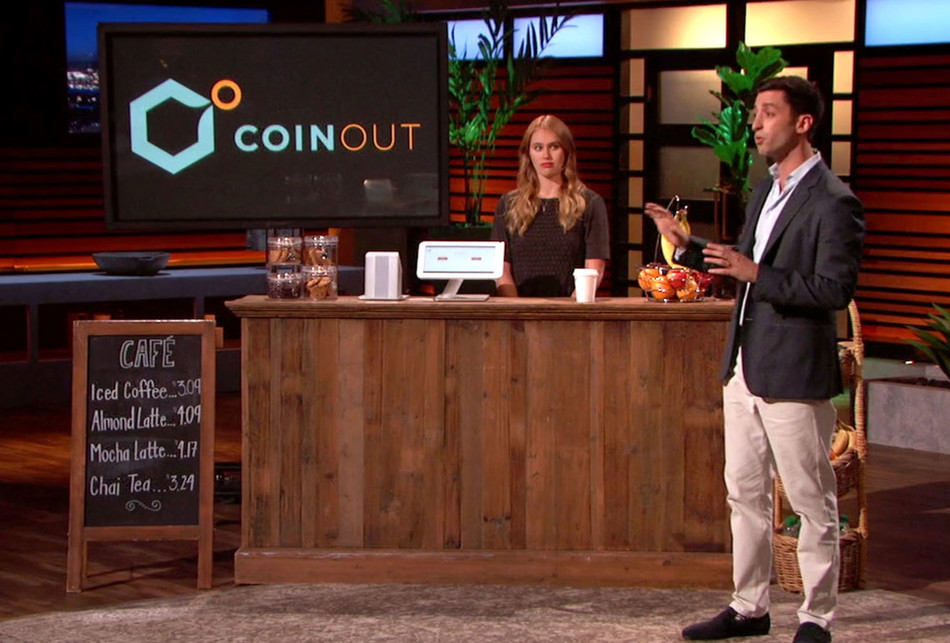What do you do with those crumpled-up receipts from the grocery store or gas pump? Or the confirmations of online purchases filling your inbox? Rather than tossing this so-called trash into the recycling bin or letting it fade into the digital abyss, you can now sell the records of your retail transactions for a small profit.
CoinOut, a cash-back app founded by Jeffrey Witten ’10CC, ’15BUS, ’15LAW, asks you to photograph and upload up to seven receipts a day to its platform, and in return users earn anywhere from one to fifty cents per submission. For convenience, CoinOut also gives customers the option of linking their e-mail and their Amazon, Walmart, and Instacart accounts to the app so it can capture receipts directly.
Witten says that dedicated users can see profits of up to $200 a year. CoinOut also cashes in, since, after removing any personal information from the transactions, the company resells the data to brands seeking insight into consumer behavior. “As the old saying goes, if the product is free, you are the product,” says Witten. “We believe members should be paid real cash for giving up information.”
Witten, who is originally from Mamaroneck, New York, first created CoinOut in 2014 as a platform for consumers to convert change from in-store cash transactions into digital currency. At the time, he was studying for a dual degree in law and business through Columbia’s JD/MBA program, but after he fell in love with the world of financial technology while interning at Apple, he gave up his plans for a career in corporate law and decided to start his own fintech company. Witten tested his idea in Columbia Business School instructor Steve Blank’s Lean LaunchPad course — an “Entrepreneurship 101” experience he considers crucial to his career development — and piloted the company out of the Columbia Startup Lab. The business model proved difficult, however, because it required marketing to both consumers and merchants.
In June 2017, Witten got the opportunity to present CoinOut on Shark Tank, the ABC reality series in which startup entrepreneurs seek investments from prominent businesspeople. “One of the things they don’t tell you when you watch the show is that the sessions can last a very long time,” says Witten, whose pitch was edited into twelve grueling minutes. “I was in the tank for close to two hours. The sharks kept shouting questions at me. It was almost like directing traffic. By the time I was done, I was totally wiped out.”
Despite the stress of being interrogated and belittled by celebrity investors on national TV, Witten says the experience was ultimately positive, since he got valuable feedback and exposure to a mass audience. He accepted a $250,000 offer from venture capitalist Robert Herjavec in exchange for a 15 percent stake, but the deal ended up falling through — “lucky for us, in retrospect, since it would have been terrible from a valuation perspective,” says Witten.
By the time the Shark Tank segment aired in February 2018, CoinOut had already reengineered its old business model and established itself as a cash-back app. Today, the company serves almost two million people. “We grew because we kept the app really, really simple by minimizing the number of buttons, letting people submit receipts from basically anywhere, and giving instant gratification by showing users their cash back immediately,” says Witten. In May 2021, CoinOut was acquired by IRI, a market-research company that conducts data analysis for large retailers and consumer-goods companies.
Having achieved the kind of rare success that most entrepreneurs only dream of, Witten, who continues to lead CoinOut within IRI, is candid about the “starts and stops” involved in building a business from scratch and finding the right product–market fit. “The founder deathtrap is putting blinders on and convincing yourself your original idea will work no matter what,” he says. “I was certainly like that early on. But you need to be open to listening to critics and learning from your mistakes, and open to data telling you whether or not your hypotheses are true. Your idea might be destined for mediocrity. But that does not mean you have failed. Understanding this is vital.”





